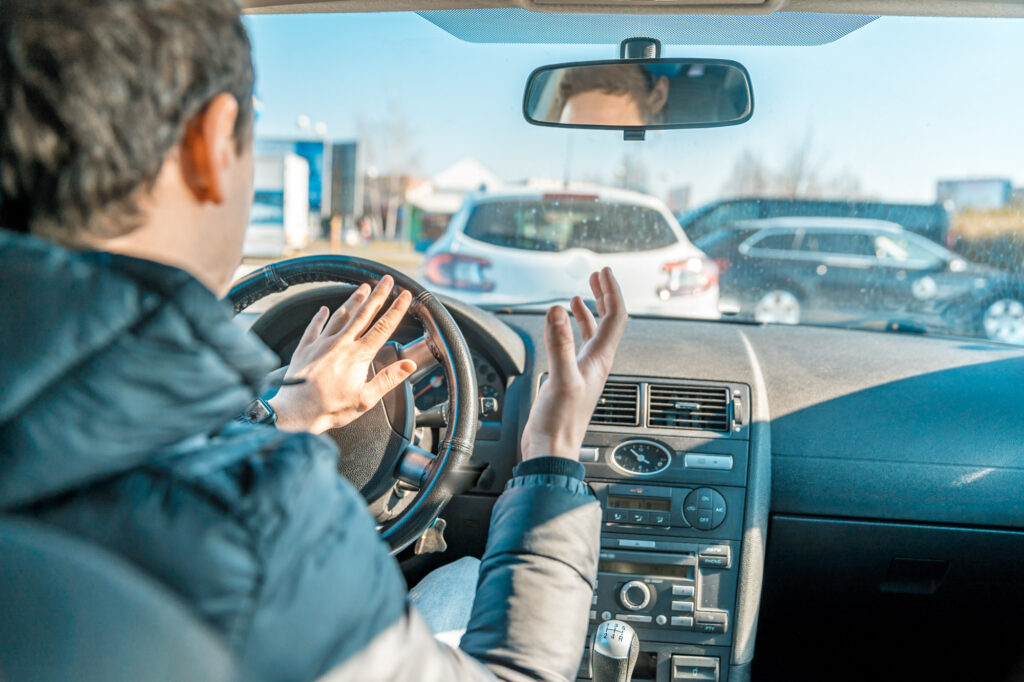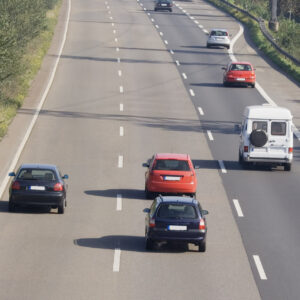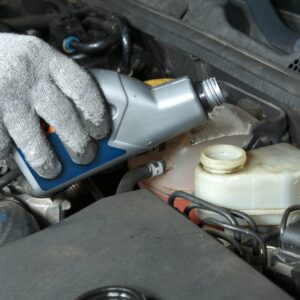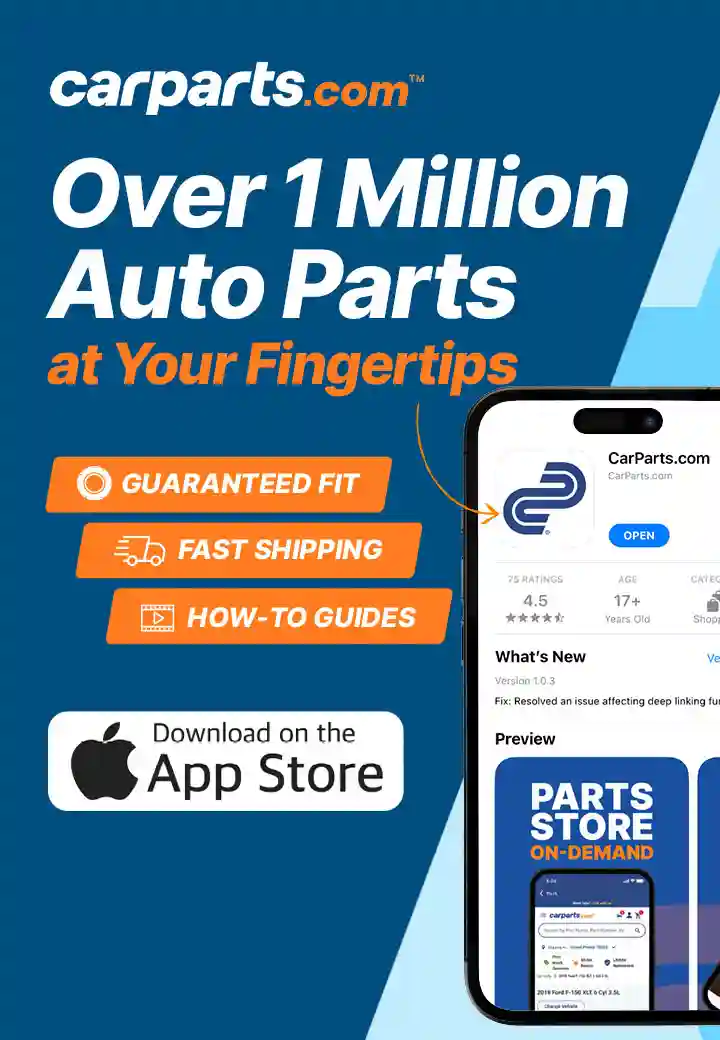Safety should be every driver’s top concern. Unfortunately, there are times when some people forget or disregard it. For example, some drivers hit their brakes abruptly even when (or especially when) there’s a vehicle behind them. This aggressive driving behavior is called “brake-checking.”
What Does Brake-Checking Mean?
No, it’s not a routine safety measure.
Brake-checking is a form of aggressive driving wherein a driver abruptly applies the brakes, causing the car behind to swerve or brake suddenly to avoid collision.
Reasons Why Some Drivers Brake-Check
Drivers who brake-check usually do it because of road rage or to commit insurance fraud.
Road Rage
Some drivers hit their brakes suddenly because they’re angry. For example, if another car is driving too closely behind them, some rude drivers press their brakes to catch attention and force the car behind to back off.
Distance
Some drivers brake-check when they notice that the driver behind them is riding too close. This typically forces the person to put some distance from the vehicle in front of them.

Insurance Fraud
Another common reason why drivers brake-check has to do with money. These drivers might intentionally step on the brakes suddenly when there’s a car behind them to cause a rear-end collision.
Once they’ve successfully staged the accident, they’ll claim that the vehicle behind is tailgating or driving recklessly. They’ll then file an insurance claim to get money.
Some of these dishonest drivers ask for money from the other driver in exchange for not filing an insurance claim. Others also claim they’re injured to get more compensation from their insurance company.
Who Bears Responsibility In a Rear-End Collision?
In most rear-end collisions, the driver of the vehicle behind is perceived at fault.
It’s usually assumed that the rear drivers are to blame because they’re responsible for ensuring there’s a safe distance between their car and the car in front of them. This assumption makes it easy for fraudulent drivers to claim that the car behind is driving recklessly.
Why Do Fraudsters Brake-Check Trucks?
Trucks are usually the victims of fraudsters who want to break-check for insurance fraud because trucks tend to have a longer stopping distance. It also takes trucks longer than other vehicles to pick up speed again.
Also, collisions involving trucks usually result in more damage and higher insurance claims. Brake-checking a truck can be dangerous. However, some fraudsters appear to be willing to take the risk for money.
How Dangerous Is Brake-Checking?
Brake-checking can lead to serious injuries. You can get whiplash, head injuries, lacerations, and broken bones if you get involved in a rear-end collision.
To avoid such accidents, make sure to avoid driving aggressively while on the road. Keep calm and avoid getting into an argument with another driver.
What to Do When You’re Being Brake-Checked

Luckily, there are things you can do to protect yourself from drivers who intentionally brake-check. If you notice that the driver in front of you repeatedly attempts to hit the break intentionally and a collision has not yet happened, here’s what you should do to get out of the situation:
Stay Alert
Stay alert and on top of the situation. Anticipate potential hazards, and don’t take away your focus from the road. Try your best to maintain a safe following distance.
Pull Over
Once you get the opportunity, pull over on the side of the road or find a safe place to park. Although tempting, don’t engage in a fight with the other driver.
If the other driver becomes aggressive towards you, it’s best to keep yourself safe inside your car and contact law enforcement.
What to Do When a Brake-Check Collision Already Happened
If it’s too late to avoid the incident and the other driver already claims you drove recklessly, it’s best to talk to a car accident lawyer as soon as possible.
A lawyer will know how to handle this type of situation. It can be difficult to prove that you’re a victim of brake-checking. But if your lawyer gathers enough evidence to present in court, you can prove that you aren’t guilty of reckless driving.
Make sure to be honest when talking to your lawyer. Don’t omit any important information that can help in the investigation. For example, if you were indeed tailgating, and the driver in front “brake-checked” out of anger or irritability, you should admit that to your lawyer.
Some evidence that your lawyer might gather to help your case are eyewitness remarks, camera footage, incident reports, and helpful background information about the other driver.
Can People Go to Jail Because of Brake-Checking?
Many states classify brake-checking as reckless driving. So, if you’re found guilty, you can face criminal penalties, fines, and even jail time. You can also face severe civil liability for any injuries and damage to property caused by the collision.
If you want to know more about it, you can check out the rules on reckless driving that apply in your state.
Find the Right Replacement Bumper For Your Vehicle
If you get into a collision, the bumper usually takes the brunt of the damage, protecting the rest of the vehicle and everyone in it. You must replace the damaged bumper immediately before returning to the road. Good thing CarParts.com makes it easy to find a compatible replacement bumper for your car or truck.
Enjoy fast and easy online shopping for car bumpers at CarParts.com. Whether you’re repairing your damaged vehicle or upgrading it for improved protection, we can provide the part you need. Enter your vehicle’s details in our website’s vehicle selector and browse the results. After picking the compatible part that fits your budget, you can place your order with a couple of taps on your phone’s screen. Do you live in the continental US? Place your order before 12 PM ET, and your order can arrive in as fast as two business days.
Visit CarParts.com for affordable high-quality car bumpers. Browse our selection of replacement bumpers and get one that fits your vehicle and budget today!
Any information provided on this Website is for informational purposes only and is not intended to replace consultation with a professional mechanic. The accuracy and timeliness of the information may change from the time of publication.




















